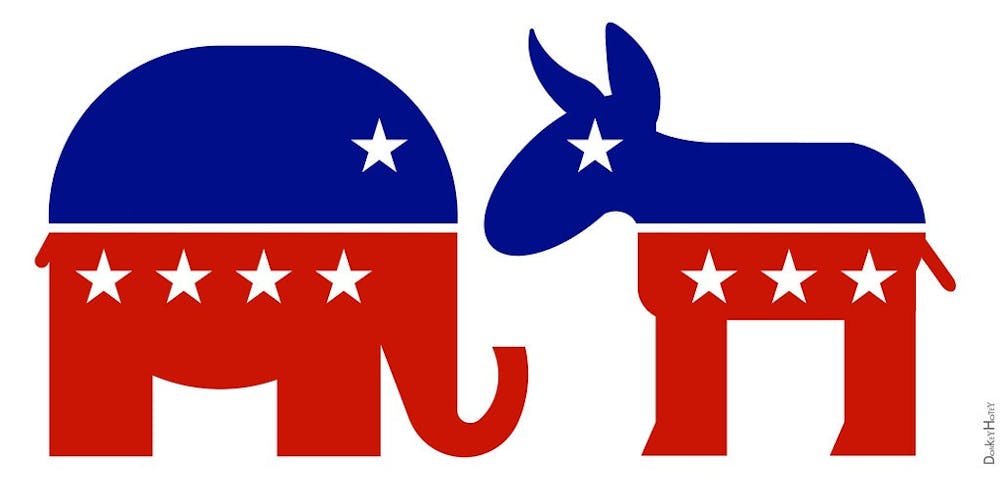In December, President Eisgruber reflected on “The Spirit of Truth-Seeking” in Princeton Alumni Weekly (PAW), writing, “The pursuit of knowledge and the maintenance of a free and democratic society require the cultivation and practice of the virtues of intellectual humility, openness of mind, and, above all, love of truth.”
Despite this lofty goal, something is changing about the way we speak of one another.
Pro-choice. Anti-Trump. Pro-Hong Kong. Anti-Gun Control. Red. Blue. This is how we label our peers. This is how we gossip about others, and how we also label ourselves. This rhetoric of labeling individuals by their opinions is pervasive not only throughout Princeton but also beyond FitzRandolph Gate.
As our political climate grows increasingly polarized, the language we use has followed suit. We characterize our peers by confining them into fixed categories. Whether they be political or social issues, such labels can often define us well into the future. Some may think labels help express their stance on an issue about which they are passionate.
I believe that the harm done by labels often outweighs any potential good.
When we casually fling around labels such as “pro-life” or “pro-choice,” we feed into a dangerous assumption: that our peers fall into one of two plausible categories, and they will always remain within them. In this climate, there’s little room for development; there are few opportunities to reform and reshape one’s views.
By labeling ourselves, we fail to fully consider other perspectives and open our minds to change. We also close ourselves off to other people, as labeling people can also lead us to refuse interactions with those on the other side — and even to ostracize them.
We self-separate into factions by labeling ourselves as such, creating inherent divisions within the student body. The echo-chambers we create by sequestering ourselves as either “pro-gun control” or “pro-Second Amendment” often preclude us from hearing a diversity of opinions. Not only do we restrict ourselves and others, but in legitimizing such a false dichotomy, we fail to realize that there exists such a profound spectrum of opinions.

Sometimes, I wonder if we have lost all faith in the humility, open-mindedness, and love for truth that Eisgruber wrote of in PAW. By sticking to our labels, we pride ourselves on our stance alone. We close our minds off to other possibilities. We forgo the pursuit of truth.
The University prides itself on being a liberal arts institution, but our inclination to bracket people into different labels creates a contrary consequence. Labels impede the spirit of truth-seeking, polarizing our community into two adverse camps.
So the next time you are about to apply a label to someone else — or even yourself — take a moment to consider the implications. Take a moment to consider the assumptions you may be promoting, the divisiveness you may be creating, and the attitudes you may be solidifying. Perhaps it’s worth keeping an open mind.
Kate Liu is a first-year from Princeton, N.J. She can be reached at kateliu@princeton.edu.









